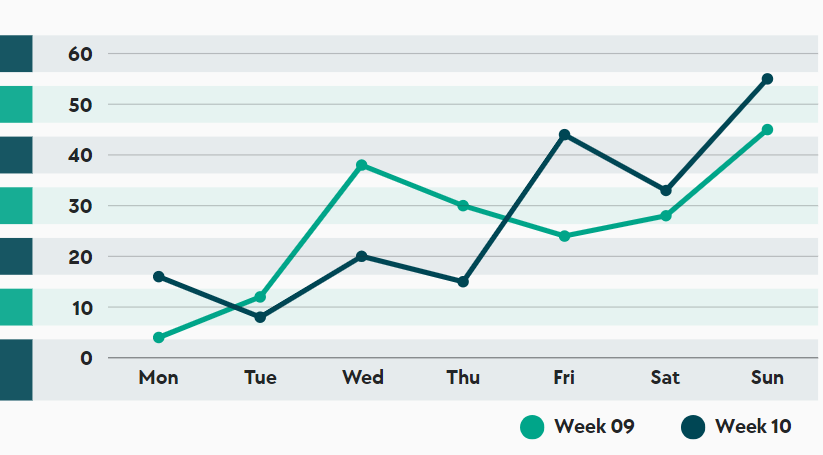
Reports are in on Staff Availability & Pay Pressures
Staff Availability
Supply of permanent staff improves again
Since the start of the year, there has been a continued marked increase in permanent staff availability across the North of England, with August showing another boost. Recruiters attributed this rise to challenging labour market conditions, with some citing a rise in redundancies.
Although the growth remained strong, the rate of expansion was the slowest in six months. Notably, the increase in permanent staff availability in the North was slightly faster than the UK average for August.
Temporary candidate numbers are quickly on the rise
In the temporary staffing market, survey data from August indicated further growth in supply, extending the trend to 18 consecutive months. Recruiters linked this rise to greater demand for temporary roles. However, while the growth was significant, it was the weakest since April. Additionally, the increase in temporary staff supply in the North was slower compared to the UK average.
Pay Pressures
Salary growth drops
The seasonally adjusted Permanent Salaries Index remained above the 50.0 no-change threshold in August, marking three-and-a-half years of continuous growth in starting pay across the North of England. Some recruiters attributed this rise in permanent starting salaries to a greater number of senior roles. While the rate of salary inflation remained strong, it was the lowest since March and fell below its historical average.
Nevertheless, the increase in starting salaries in the North of England was the highest among the four regions monitored by the survey.
Slow rise in temporary workers wages
Recruiters in the North of England reported continued growth in pay for temporary workers in August, marking the ninth consecutive month of hourly wage increases. However, the rate of temporary pay inflation was the slowest in the current growth streak, having eased for the third consecutive month.
Despite this, the increase in temporary wages in the North remained the fastest among the monitored English regions for the seventh month in a row.
